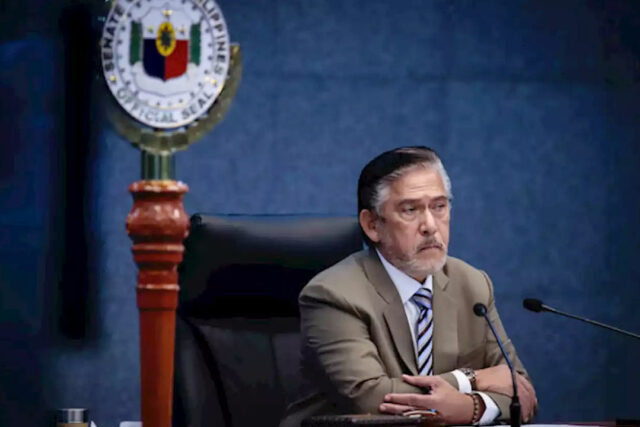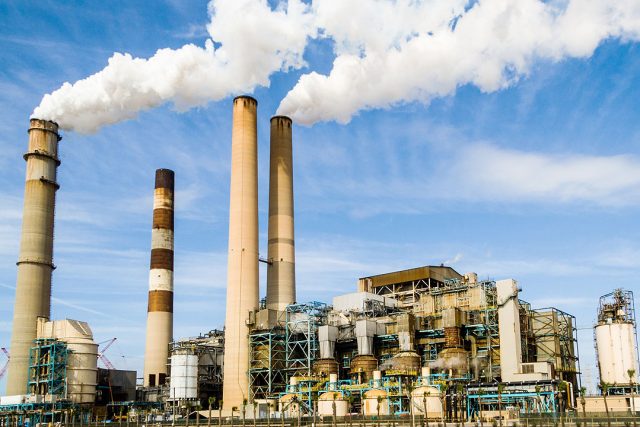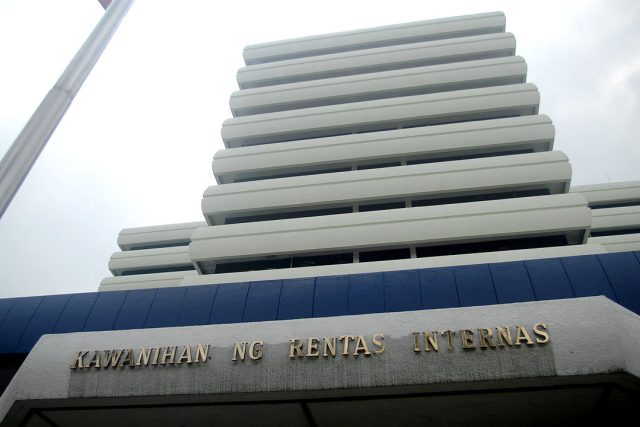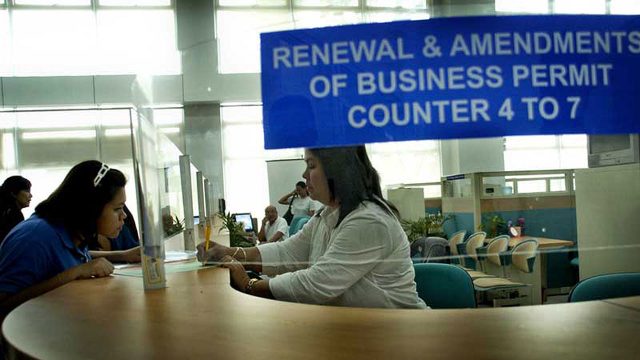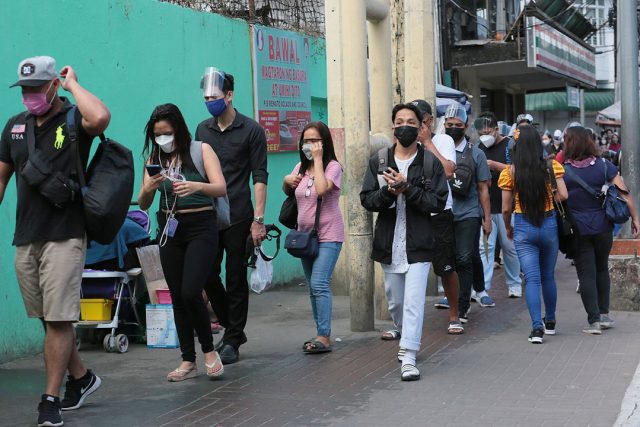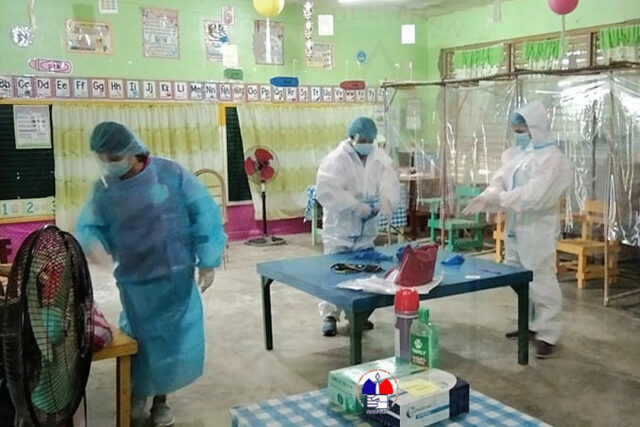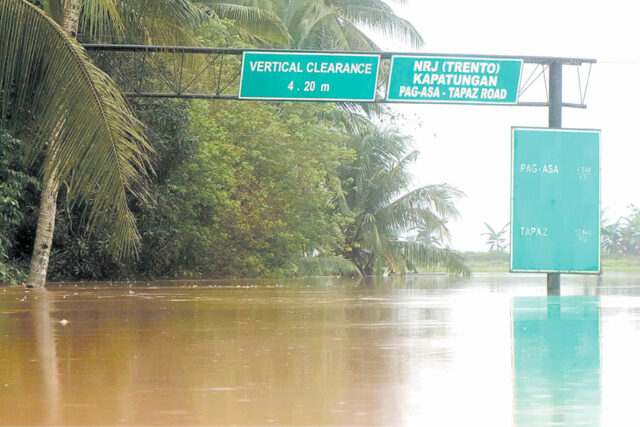META Platforms, Inc. on Wednesday suspended a network of more than 400 accounts, pages and groups before general elections in the Philippines as the Facebook parent moves to crack down on hate speech and misinformation.
“To help keep people safe during the upcoming Philippine general election, we’ve built new products and developed stronger policies in collaboration with the Commission on Elections, election watchdogs, independent fact checkers and civil society organizations,” it said in a blog post.
The company said these efforts expand its ability to remove harmful content and networks if it sees them, connect more people to credible election information, promote digital literacy and civic engagement and provide more transparency into political ads.
“We’re also activating an Elections Operations Center, so we can detect and respond quickly to any potential abuse of our services related to the Philippine election,” Meta said.
Concerns about online hate speech have increased as candidates and supporters increasingly turn to social media for the May 9 election amid a coronavirus pandemic that has disrupted traditional campaign methods.
Meta said the people behind the more than 400 accounts and pages had claimed to be “hacktivists” and relied primarily on authentic and duplicate accounts to post and amplify content about Distributed Denial of Service attacks, account recovery and defacing news websites in the Philippines.
It added that it had seen inauthentic behavior operators from various countries become active on the margins of the upcoming Philippines elections.
It said it had removed several clusters of activity that switched the focus of their Pages and Groups to the elections to increase their following.
One page that mainly shared nonpolitical dance videos renamed itself to become “Bongbong Marcos News,” while another page that started off as supporting a politician later changed its name to “Your Financial Answer” and began posting loan advice.
It also cited deceptive efforts to pose as authentic communities. The Facebook parent said it had removed multiple clusters of activity from Vietnam, Thailand and the US that posed as members of local communities in the Philippines in an apparent attempt to monetize people’s attention on the election.
“In February, we identified a cluster of pages operated by spammers in Vietnam who used virtual private networks to make it look like they are based in the Philippines,” it said. “They posed as supporters of political campaigns or local news entities and used names like Philippines Trending News, Duterte Live, Related to Francis Leo Marcos and Pinas News.”
The pages claimed to share live footage while purporting to be local news sources on the ground in an attempt to drive people to their clickbait websites filled with ads.
Last month, the country’s presidential candidates pressed on the need to hold social media companies liable for the spread of misinformation.
Meta said advertisers in the Philippines must complete its ad authorizations process and include ‘Paid for by’ disclaimers on ads about elections, politics and certain categories of social issues.
The move by Meta comes after it changed its stance on Ukraine that temporarily allowed calls for violence and narrowed its content moderation policy to prohibit calls for the death of a head of state.
The company said it uses artificial intelligence technology that it trained in Filipino to help it detect and remove hate speech, bullying and harassment and content that violates its violence and incitement policies.
“In addition, we reduce the distribution of content that our technology identifies as likely to be violating those policies, to prevent it from spreading quickly,” it said. “If we determine that this content violates our policies, we remove it. We have content moderators who can review content in both Filipino and Cebuano, in addition to Filipinos working across the company.”
With the coronavirus pandemic disrupting traditional campaigning, candidates and supporters are increasingly turning to social media to reach voters, prompting concerns about online hate speech and disinformation.
“Social media platforms should be made accountable because they are housing disinformation,” Vice President and opposition leader Leni Robredo said during a national debate this month.
Retired boxing champion Senator Emmanuel “Manny” D. Pacquiao, who is also running for president, said creators of fake news should be punished.
Another candidate, Manila City Mayor Francisco “Isko” M. Domagoso, said social media companies should be held accountable for allowing fake accounts on their platforms.
Frontrunning candidate Ferdinand “Bongbong” R. Marcos, Jr. did not participate in the presidential debate organized by the country’s election body.
Analysts say the popularity of Mr. Marcos, the namesake and son of the Philippines’ late dictator, stems from an effective social media strategy targeting the youth.
More than 67 million Filipinos are eligible to vote on May 9 to select the Southeast Asian nation’s next president, vice president and roughly 18,000 local officials. — Norman P. Aquino with Reuters

